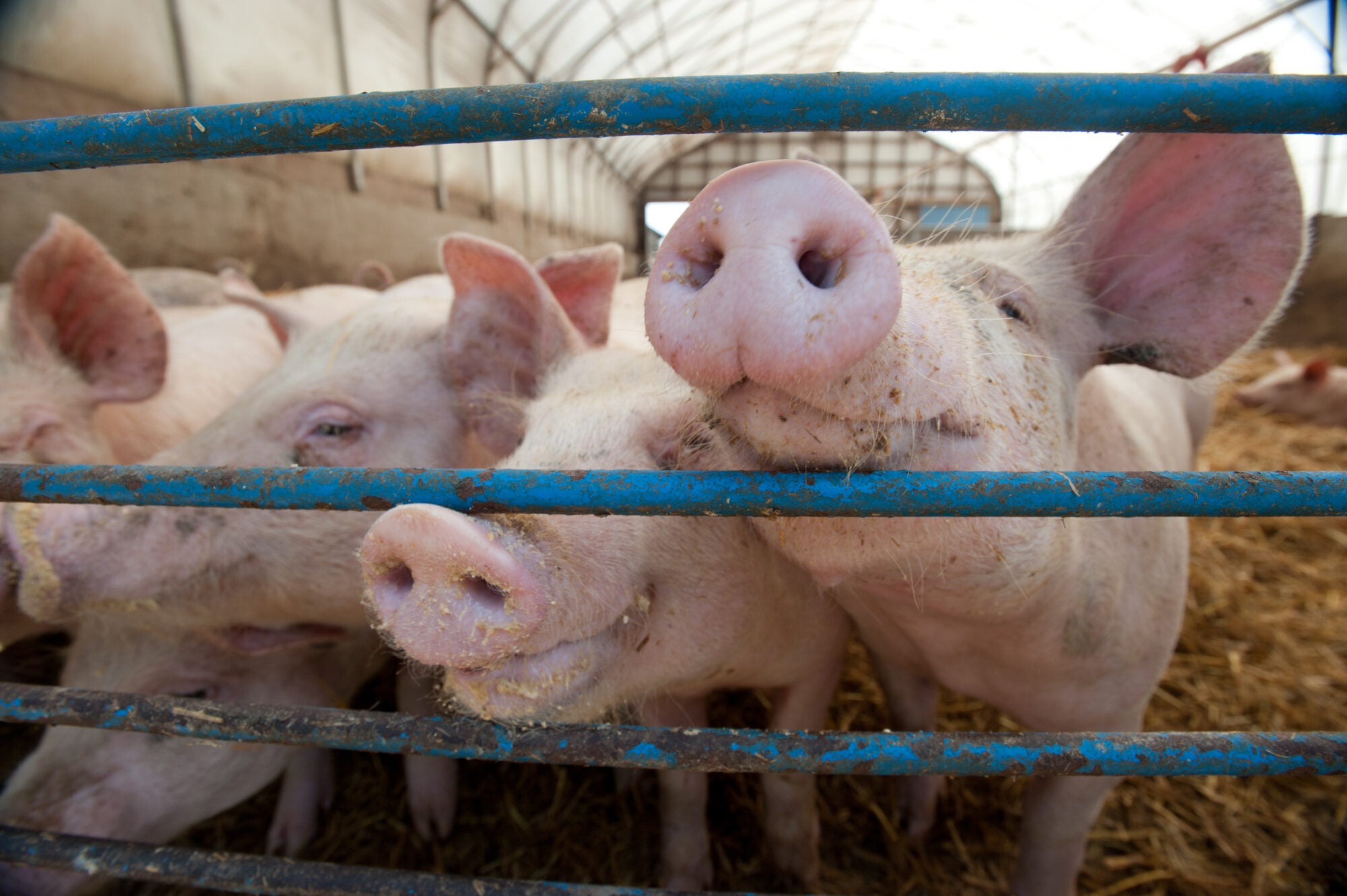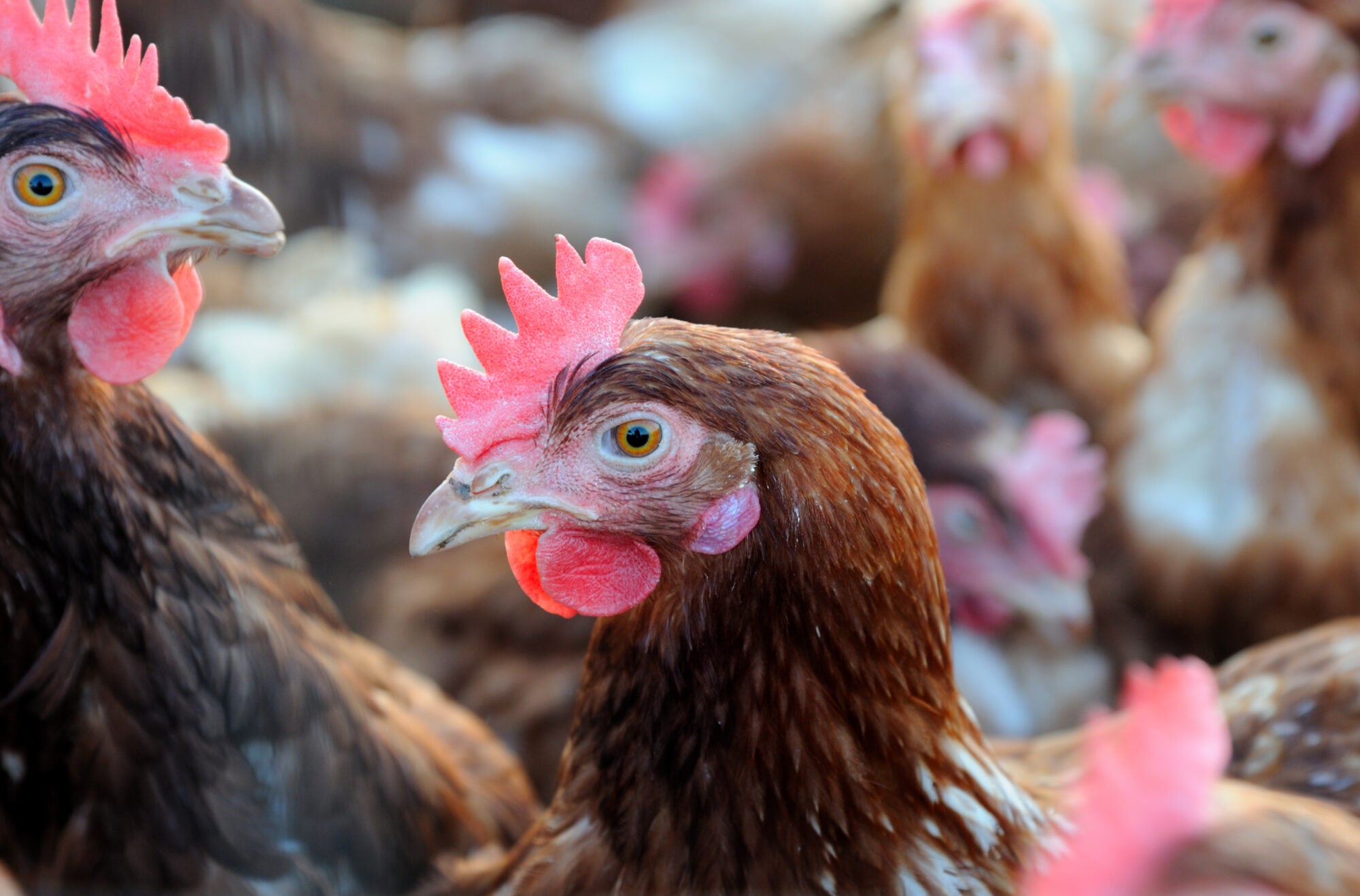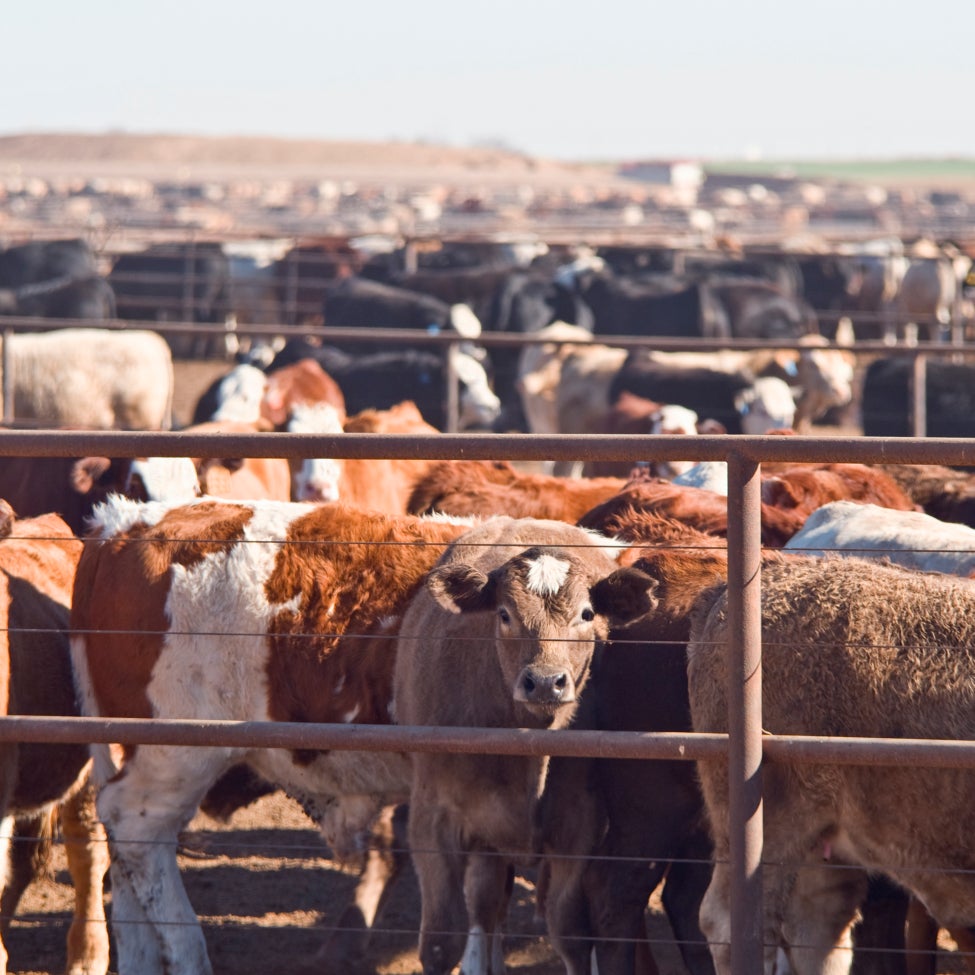Animal Agriculture and Climate Change
Patrick Poendl/istock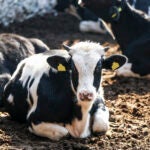
92 billion+
Land animals are bred, reared and slaughtered for food globally each year
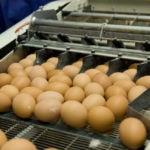
16.5%+
Percentage of human-caused greenhouse gas emissions from animal agriculture (similar to the emissions from all global transportation)
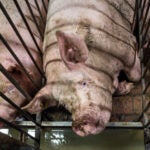
10 years
By 2030, the livestock sector is projected to account for almost half of the world’s emissions budget for 1.5C unless things change
The issue
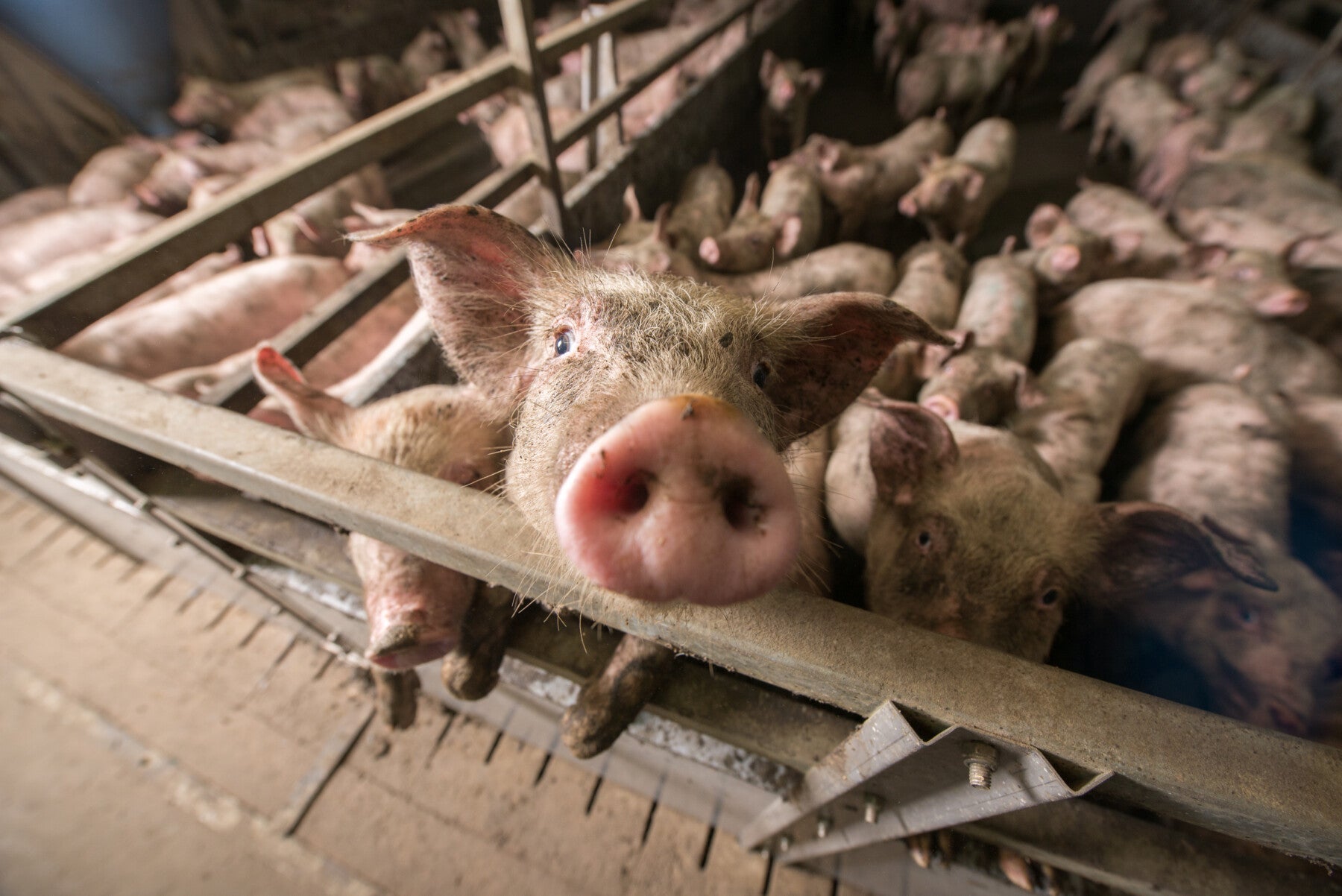
The impacts of the energy, fossil fuel and transportation industries currently dominate climate mitigation discussions among global leaders, while animal agriculture, one of the leading contributors to climate change, is sidelined from discussions at best and ignored at worst. Transforming our food production systems and consumption habits are undeniable solutions that must be part of the global roadmap to addressing climate change. That is why HSI is urging the United Nations Framework Convention on Climate Change and other world leaders to formally recognize animal agriculture as a key contributor to climate change and commit to developing and investing in mitigation strategies to support and drive a just transition towards more plant-centric food systems.
Facts about animal agriculture and climate change:
- Shifting subsidies and financial incentives from industrialized livestock production to more sustainable plant-based agriculture would support a just transition in the agriculture sector.
- Encouraging investment in alternatives to animal agriculture and creating a supportive regulatory environment for innovation and growth in plant-based alternatives would help facilitate positive changes.
- Amended government procurement priorities could lower greenhouse gases in the public sector by decreasing animal-based food procurement and increasing procurement of plant-based foods.
- Policies operating across the food system, including policies that influence dietary choices, would allow for more sustainable land-use management, result in greater food security and low emissions trajectories, contribute to climate change adaptation and mitigation, and improve public health.
- Experts found that dietary shifts could contribute up to one-fifth of the mitigation needed to hold warming below 2°C.
- Policies that encourage dietary changes towards more plant-centric diets would also benefit the economy. A joint report by the International Labour Organisation and the Inter-American Development Bank revealed that a transition to a net-zero emission economy in Latin America and the Caribbean, driven primarily by a transition from meat-heavy diets to more plant-based diets, would result in the net creation of 15 million more jobs in the region than under a business-as-usual scenario and would reduce the region’s agricultural GHG emissions.
Speak up for animals suffering on factory farms
Show world leaders there is support for a transition toward a more resilient plant-centric food system.
